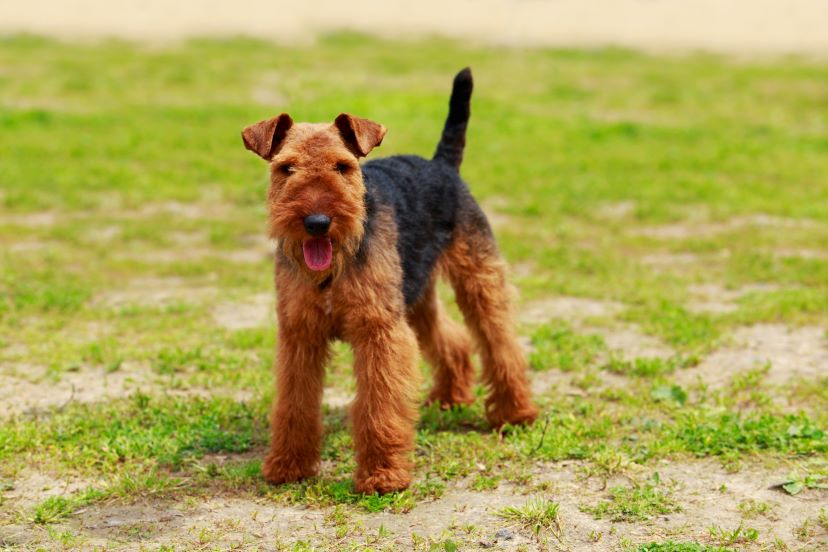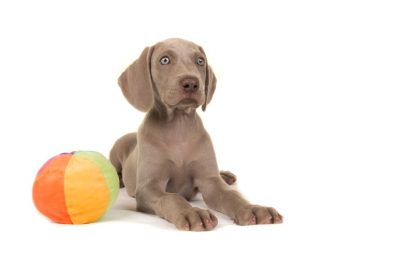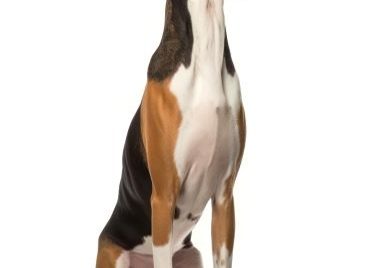Airedale Terrier Traits & Characteristics
Introduction
As an avid dog enthusiast, I’m excited to share with you about a breed close to my heart – the Airedale Terrier. This versatile dog is often regarded as the “King of Terriers”, and with good reason. But what makes this breed so unique? Let’s dive into the world of Airedale Terriers together.
Airedale Terrier History
Origin
Originating from the Aire Valley in Yorkshire, England, Airedale Terriers were initially bred to catch otters and rats in the region during the 19th century. Their history is filled with stories of these dogs displaying valor and tenacity – traits that remain evident today.
Popularity
Despite their working-class roots, Airedale Terriers quickly gained popularity with nobility due to their intelligence, versatility, and dignified demeanor. Today, they are cherished family pets and excel in various dog sports.
Airedale Terrier Physical Characteristics
Size
Airedales are the largest of the terrier breeds, typically weighing between 40-65 pounds, with a height ranging from 21-23 inches. This robust size is part of what earns them the title “King of Terriers”.
Coat and Color
Airedale Terriers have a dense, wiry coat that is typically tan with a black saddle. This coat is not just for show – it’s waterproof, and helps protect the dog in harsh weather conditions.
Personality Traits
Airedale Terriers are known for their intelligence, independence, and sense of humor. They are very loyal dogs, making great companions for families. However, they can be stubborn at times, which may pose a challenge during training.
Health and Lifespan
Airedale Terriers are generally healthy dogs with a lifespan of 10-13 years. However, like all breeds, they are prone to certain health conditions, such as hip dysplasia and allergies. Regular check-ups with a vet can ensure they stay in top shape.
Airedale Terrier Care Needs
Exercise
These active dogs require regular exercise to maintain their health and happiness. This can involve walks, games of fetch, or even agility training. Without enough exercise, Airedales can become bored and potentially destructive.
Diet
A balanced diet is key for an Airedale’s health. High-quality dog food, whether commercially manufactured or home-prepared, is essential. Any diet should be appropriate to the dog’s age (puppy, adult, or senior).
Grooming
Airedale Terriers require regular grooming due to their thick coat. Regular brushing can prevent matting, and professional grooming is suggested every couple of months.
Training Your Airedale Terrier
While Airedales are intelligent, their independent nature can make training a challenge. Patience, consistency, and positive reinforcement methods work best. Early socialization and puppy training classes are highly recommended.
Is an Airedale Terrier Right for You?
If you’re an active person who enjoys outdoor activities and have time to invest in training and grooming, an Airedale Terrier might be a great fit for you. These loyal and lively dogs will provide you with plenty of love, laughter, and companionship.
Conclusion
Airedale Terriers are an incredible breed – intelligent, fun-loving, and versatile. They make fantastic companions for the right person or family. The “King of Terriers” may not be for everyone, but those who welcome an Airedale into their home will certainly reap the rewards.
FAQs
1. Are Airedale Terriers good family dogs?
Yes, they are. They are known for being loyal and protective of their families. However, early socialization is important for them to get along with children and other pets.
2. How often should I groom my Airedale Terrier?
Regular brushing should be done weekly and professional grooming every 2-3 months to keep their coat healthy.
3. Are Airedale Terriers aggressive?
No, Airedale Terriers are not naturally aggressive, but they can be assertive. Proper training and socialization are crucial.
4. How much exercise does an Airedale Terrier need?
They are active dogs and need a good hour of exercise daily, though more active terriers may need more.
5. Do Airedale Terriers make good apartment dogs?
They can adapt to apartment living, but they need ample exercise and mental stimulation to avoid becoming bored and potentially destructive.




